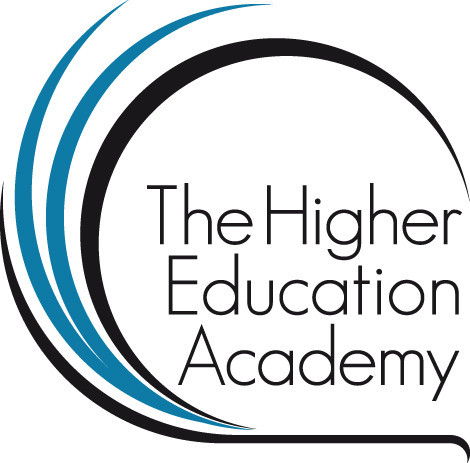Bookings open for Storyville, the HEA’s Arts and Humanities conference
 Booking is open for the HEA’s second annual Arts and Humanities conference, Storyville: Exploring narratives of learning and teaching, in Brighton 29-30 May. At the heart of the Arts & Humanities disciplines sit stories. Stories are everywhere, and Storyville seeks to explore the intersections between narrative and learning and teaching. The conference will reflect the innovation in learning and teaching which is taking place in all Arts & Humanities discipline areas.
Booking is open for the HEA’s second annual Arts and Humanities conference, Storyville: Exploring narratives of learning and teaching, in Brighton 29-30 May. At the heart of the Arts & Humanities disciplines sit stories. Stories are everywhere, and Storyville seeks to explore the intersections between narrative and learning and teaching. The conference will reflect the innovation in learning and teaching which is taking place in all Arts & Humanities discipline areas.
The two-day conference comprises workshops (varying from 15 – 180 minutes), and paper sessions. A new option for submissions was added to the programme, in the form of offering 'wildcard' sessions. These give presenters the option of more time as well as encouragement to be creative. As a consequence, the main programme contains workshops and papers covering topics such as the power of field visits in studying religion, and a practical session using archives. The longer, wildcard, sessions include a workshop on oral storytelling, in which participants will learn how to tell a story (and do it!) and a collaborative excursion into Brighton using processes of improvisation and the ‘non-institutional environment’ to assert the value of uncertainty, disorientation and intuition in teaching and learning.
Throughout Storyville runs a strong theme of sharing good practice. The conference aims to invigorate delegates, giving them a new awareness of stories and identity in their teaching. The full draft programme is available on the HEA website. Complete your booking form and read more about the conference at the HEA website. On Twitter, follow @HEA_AH and follow #storyville13 for conversation leading up to the conference.































/https%3A%2F%2Fprofilepics.canalblog.com%2Fprofilepics%2F1%2F0%2F1076071.jpg)